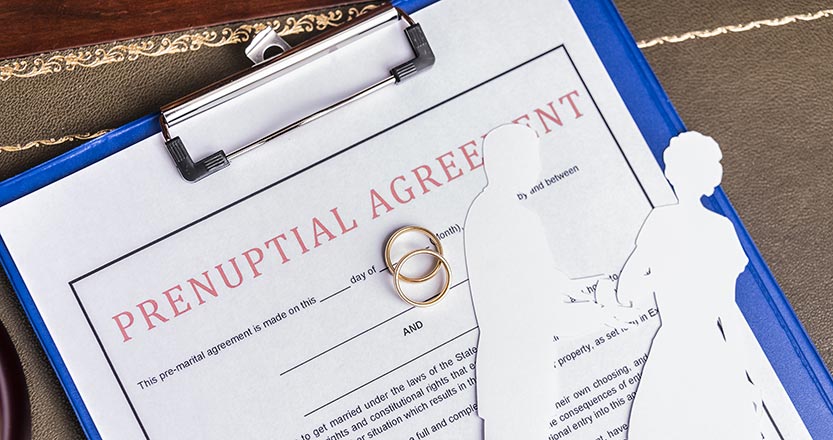A Prenuptial Agreement (antenuptial contract) is a legal document that spouses sign before marriage. It can help protect you and your assets from unforeseen circumstances such as divorce.
A prenup is especially useful for people with substantial assets or personal property. It can clarify how the assets will be divvied up in case the marriage ends up in divorce.
Legal Requirements
A prenup in Thailand protects you from inheriting your spouse’s debt and clarifies how property will be divided in the event of a divorce. It also prevents you from having to liquidate your assets if your spouse passes away before you. It is important that you consult with a law firm in Thailand that specializes in drafting a prenup in accordance with Thai laws.
A prenup is a written document created by two people before they marry. It lists all of their properties and assets and specifies what their rights will be should the marriage dissolve. We can help you draft a prenup that is in accordance with Thai law as well as the laws of your foreign spouse’s country. A prenup can have international elements but is not an international prenup.
Checklist
A prenuptial agreement is a document that outlines each spouse’s personal property and their rights in the event of divorce. This document can be drafted before or after marriage and is often a good choice for couples who have substantial assets.
While a prenup can be created in any country, drafting one in Thailand comes with its own set of unique challenges. A reputable lawyer will be able to help you create an agreement that will be enforceable under Thai law.
The content of a prenup in Thailand is specifically regulated by sections 1465 to 1469 of the Thai Civil Code. This is unlike many countries where prenups can cover a broad range of topics. Furthermore, an agreement will only be deemed valid and enforceable if it does not offend morals or public order. Moreover, the agreement must be signed by both parties in the presence of an authenticator or notary. In addition, international elements may require further authentication by the Ministry of Foreign Affairs in Thailand or a foreign Embassy.
International Elements
A prenuptial agreement is a contract made by two people who plan to marry. It lists the assets they bring to their marriage and specifies what rights they have if the marriage ends in divorce.
Prenuptial agreements are common in most countries but there are some important differences between the laws of different jurisdictions. If you and your partner are from different countries, you should get advice from a lawyer who understands the law of both countries.
The rules governing prenuptial agreements in Thailand are quite strict. For example, the contract cannot include any term that is against public order or good morals. Moreover, it must be signed by both parties and registered simultaneously with the marriage registration at a Thai Civil Registrar (also known as Khet or Amphur offices). Failure to do so may result in a future court refusing to recognize the agreement. A properly drafted prenuptial agreement can protect your assets from the debts of your spouse.
Legal Responsibility
Prenuptial agreements in Thailand are legally binding and can reduce the likelihood of a lengthy and expensive divorce battle. Without a prenuptial agreement, property may be divided by a court in a way that you did not anticipate, and you could end up spending a lot of money on lawyer’s fees, court costs, appraisal fees, and other expenses.
A prenuptial agreement can stipulate which of your personal properties will remain separate and your rights in the event of a divorce or death. It can also stipulate how you intend to manage your joint properties and debt during marriage. It can even include assigning the debt to the appropriate spouse so that you don’t take on your intended spouse’s credit card or bank loan liabilities as your own.
A prenuptial agreement drafted by a qualified legal professional can help ensure that your rights are protected. Contact us to discuss your individual circumstances and the best way forward.




